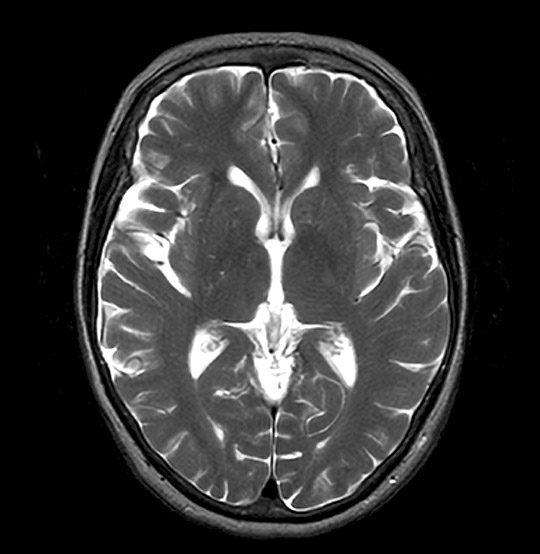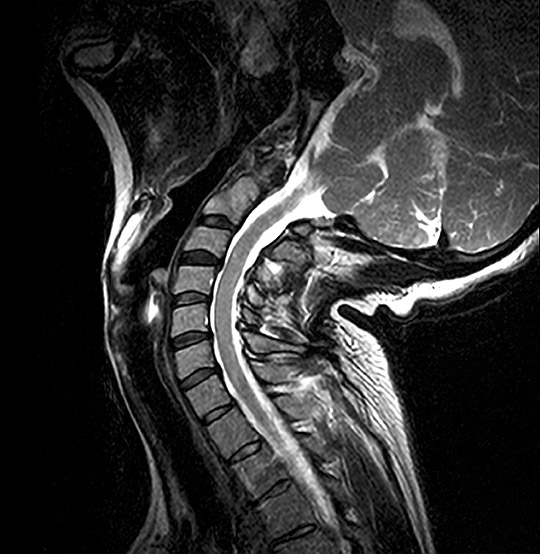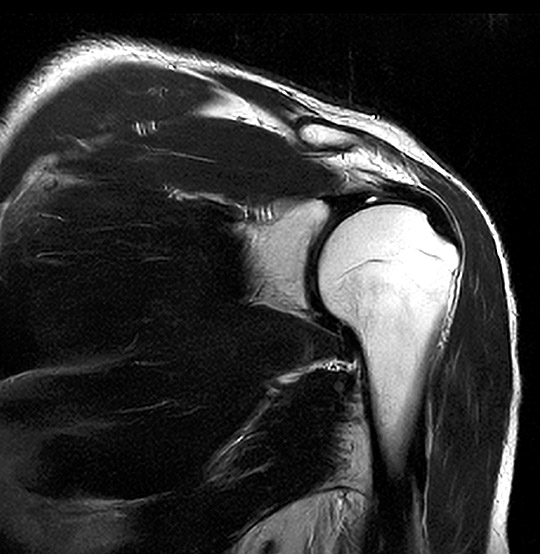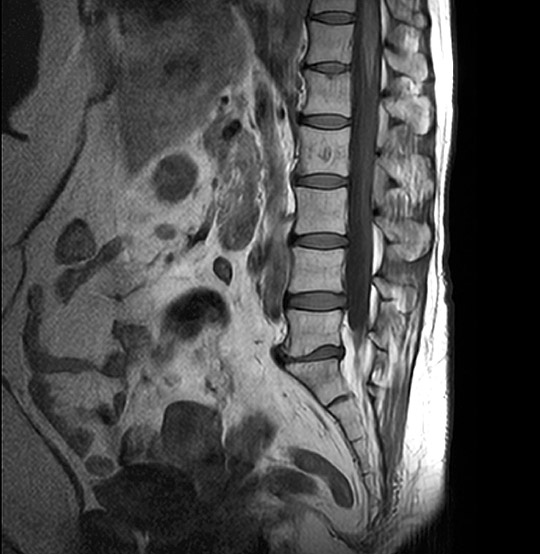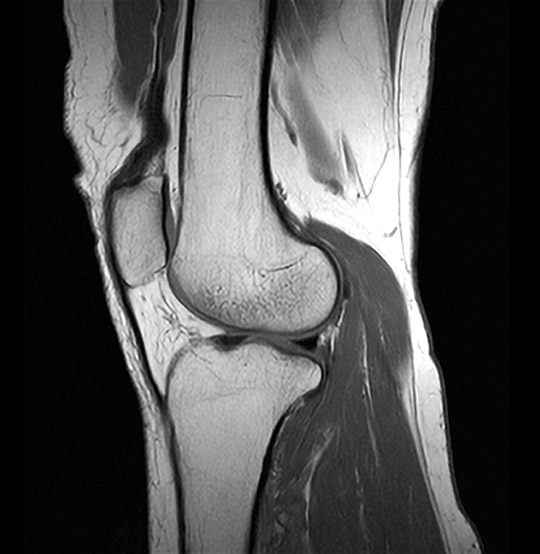Why opt for an Upright MRI Scan with intelligentMR?
Upright MRI scans offer a unique advantage by capturing images in natural, weight-bearing positions—potentially revealing issues that conventional MRI scans might miss. With intelligentMR™, the quality of these images is greatly enhanced, and the scanning process is faster, reducing your time in the scanner.
Additionally, our variPOSE™ option provides multiple imaging angles, allowing for comprehensive assessment of the spine and some joints under different postures including flexion, extension and rotational for Craniocervical Junction (CCJ) imaging.
Medserena’s upright MRI systems are the largest available, ensuring full spinal imaging in weight-bearing positions.
Medserena MRI Scan Details and Prices
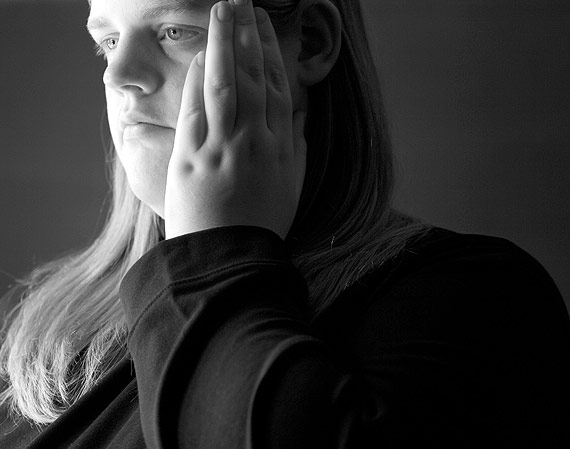
Comfortable upright MRI scans
Upright MRI scans are also a more comfortable solution for larger/ heavier patients who might have difficulty fitting comfortably into a conventional tunnel scanner, as they can accommodate weights of up to 35 stone(226kg).
However, suitability will depend on the patient’s build and the area of anatomy to be investigated.
Upright MRI scans may also be a more attractive proposition to patients suffering from painful back conditions who may find it difficult to lie still in a flatbed scanner for an extended period.
Premier service with variPOSE™ options
Medserena is a premium private provider of upright MRI scans in the UK offering a range of 32 different MRI scans, covering the brain, spine, back, abdomen, hips, limbs and pelvic region. For certain spine and neck scans, we offer our variPOSE option to see the everyday effects of gravity and postures. All the company's upright MRI scans are performed according to strict clinical protocols.
Our mission is to combine a calm and comfortable scanning experience with exceptionally accurate MRI diagnostics and expert interpretation of results from experienced and qualified radiologists.
Waiting times for an appointment are minimal, and a written medical report is provided promptly for referrers after a patient's upright MRI scan.
Upright MRI and claustrophobia
Fear of confined spaces (claustrophobia) affects around 10 percent of the population[I] and tunnel MRI scanners can be particularly anxiety-provoking and traumatic, as patients must lie still in a tunnel for between 15 and 90 minutes. Some patients even need sedation to stay calm enough to get through the experience. One study found as many as one in four patients reported moderate to severe anxiety during their tunnel MRI scan.[II]
An upright MRI scan does not involve any confinement and patients report they find it much less threatening and a more dignified experience.
Upright MRI scanner machines are open fronted putting anxious patients at ease so they can talk to relatives or friends throughout the procedure for reassurance. This is particularly helpful for young people (from 16 years old), who may want their parents with them, or those with learning difficulties or dementia, who need support. Patients can also watch television on a 50-inch screen. All the emphasis is on making the open MRI as stress-free, relaxed, and dignified as possible.
For added reassurance the company occasionally offers a free visit prior to booking to discuss the scan, so patients can check out the centre, and find out about the procedure.
Advantages of an upright MRI scan
These include:
-
Showing the effects of weight bearing: Most spinal scans at Medserena are done seated, to show the effects of gravity without the pain and discomfort of standing. The spine is exposed to a pressure five times greater when sitting rather than lying down and so an upright MRI scan may reveal problems either not visible or underestimated in the supine(flat) position in conventional scanner. They can be particularly useful for picking up causes of spinal instability, including spinal fusion, as well as spondylolisthesis (a common condition where vertebrae in the back slip out of position)
-
Picking up difficult to diagnose conditions: upright MRI scan may also provide some answers for patients about the causes of Failed Back Surgery Syndrome, or pelvic floor insufficiency (a cause of stress incontinence).
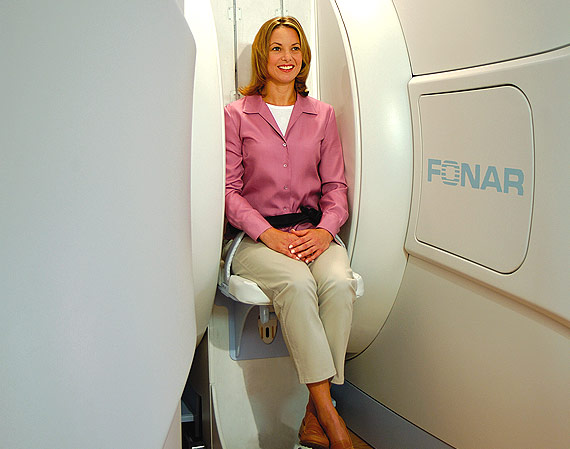
At Medserena an upright MRI scan allows patients to be scanned in positions not possible when lying down. It can therefore give a more conclusive diagnosis of conditions such as whiplash (injury caused by a severe jolt of the neck), or the inherited connective tissue disorder Hypermobile Ehlers-Danlos syndrome.
MRI scans are available to self-pay clients, clients with private health insurance and NHS patients where prior funding has been agreed by a clinical commissioning group.

